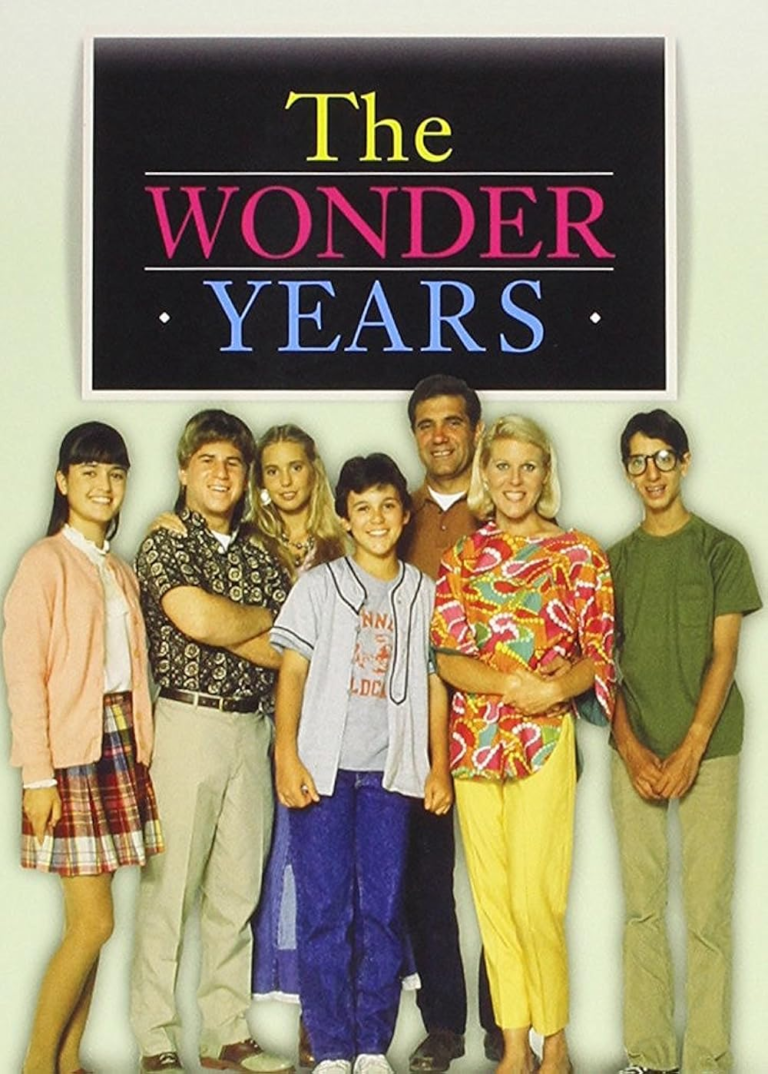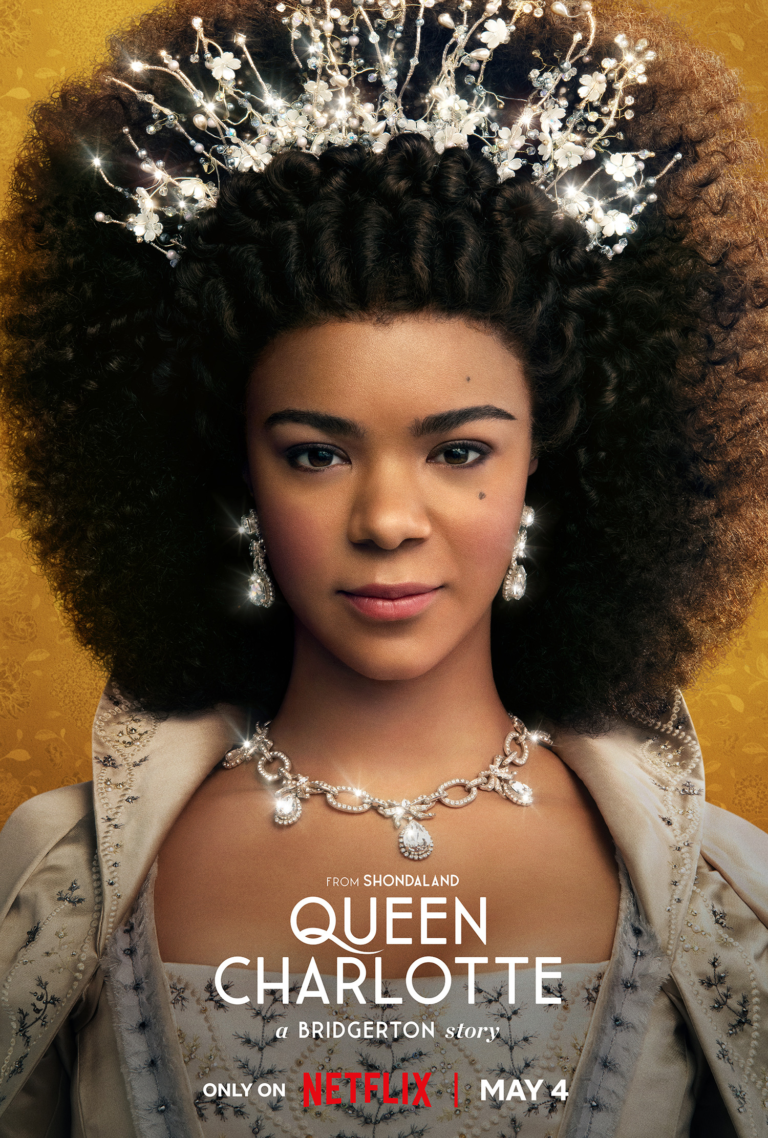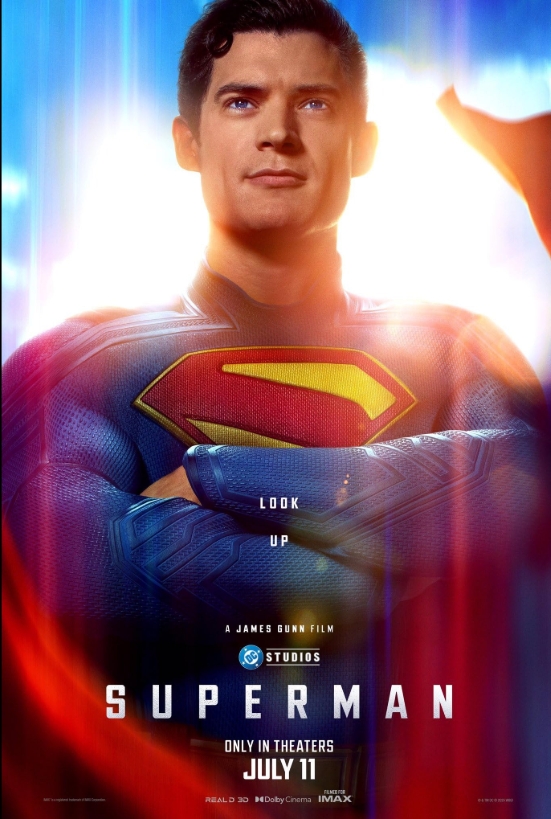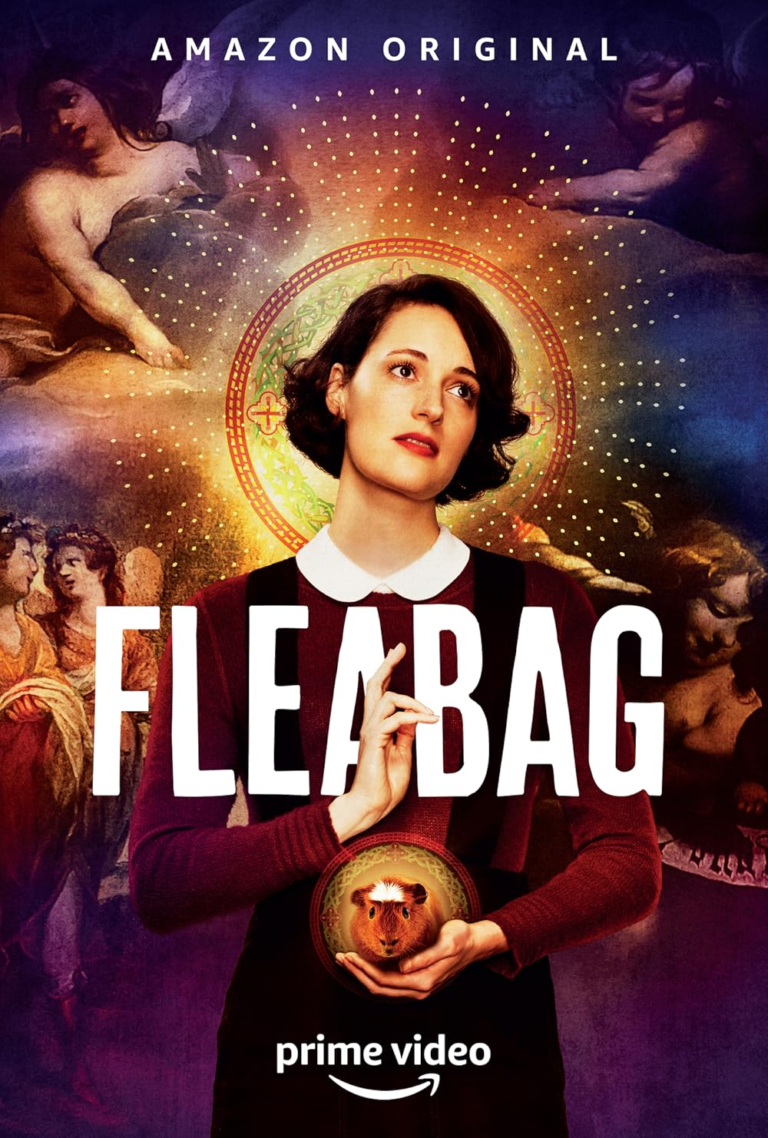The Midnight Gospel Christian Review
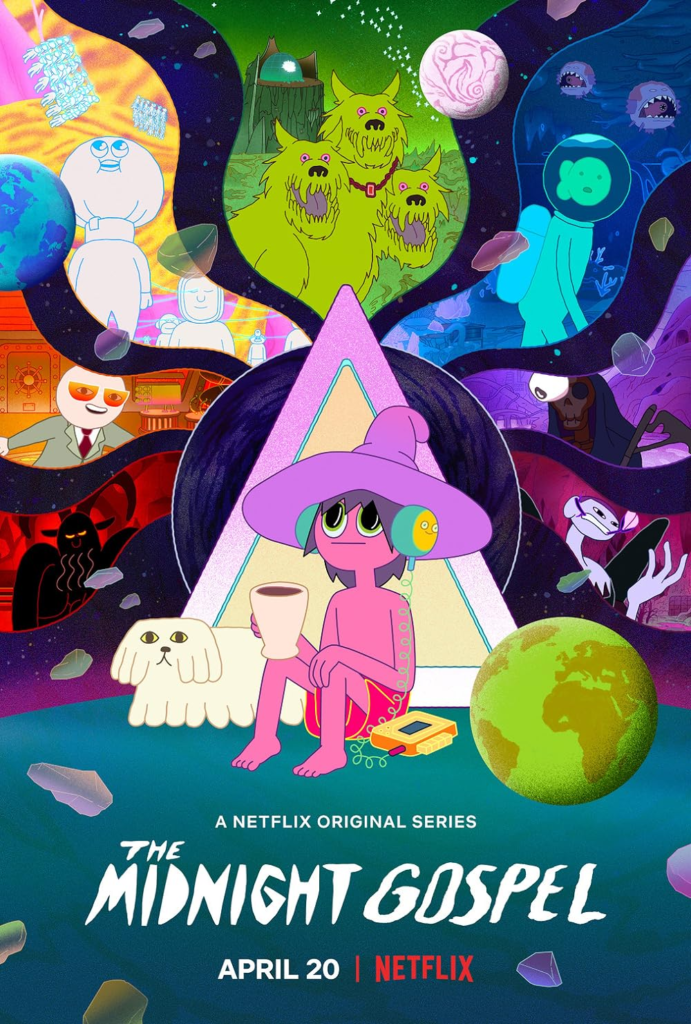
There’s something about The Midnight Gospel that feels, at first glance, utterly chaotic. You’re dropped into a world of swirling colors, bizarre creatures, and a mash-up of deep philosophical musings mixed with surreal, often grotesque, visuals. You blink. You blink again. Then you ask yourself, “What in the world is happening?”
As a Christian viewer, it’s hard not to feel a little off-balance right from the start. The Midnight Gospel is definitely not your average animated show, nor does it claim to be. Created by Pendleton Ward (the brain behind Adventure Time) and Duncan Trussell (a podcaster with a spiritual bent), it’s essentially a series of podcast-style conversations between the main character, Clancy, and his guests, presented in the form of trippy intergalactic adventures. But be warned, the religious themes here are anything but orthodox.
So, let’s talk about this strange little series through a Christian lens. But not the kind of lens that flattens everything into “good” or “bad,” but a lens that looks for meaning, even if it’s hidden behind all the neon-colored weirdness.
The Visuals: A Glaring Distraction or an Artistic Expression?
Before diving into the meat of the show—its ideas—let’s get something out of the way: The Midnight Gospel is visually intense. And by intense, I mean you’re constantly bombarded with imagery that feels like a dream, or maybe more like a fever dream that’s rapidly shifting between beauty and horror. It’s hard not to be distracted. The creators throw gory scenes of destruction and bizarre transformations at you, sometimes juxtaposing them with serene, almost beautiful, moments.
From a Christian standpoint, the imagery itself could be problematic. It’s dark and, at times, borders on sacrilegious. There’s a sense of chaos in every frame, which doesn’t align with the traditional Christian understanding of creation as orderly and purposeful. It feels like you’re on an overwhelming, sensory rollercoaster, and it’s easy to wonder whether there’s any deeper meaning at all behind it—or if it’s just there to shock and awe.
But if you’re able to push past that initial overload, something begins to emerge. In some ways, the visuals, as overwhelming as they are, reflect the disorder of human experience. Life itself can feel chaotic, senseless, and confusing. And while The Midnight Gospel doesn’t offer a clear Christian answer to this, it does raise questions about how we deal with that chaos. Do we embrace it? Do we fight it? Or do we simply try to make peace with it?
Spirituality Without Christ: A Search for Meaning
One of the things The Midnight Gospel does well is make you think—whether you want to or not. The conversations between Clancy and his various guests (who are based on real-life podcast interviews Trussell conducted) touch on everything from life and death to meditation and mindfulness. But it’s here where the show begins to feel spiritually ambiguous.
For a Christian viewer, the absence of Christ is glaring. The Midnight Gospel talks about spirituality, but it never talks about God in the personal, relational way that Christianity does. Instead, it leans heavily into New Age concepts, like reincarnation and interconnected consciousness. There’s this idea of enlightenment, but it’s the kind that’s achieved through meditation or personal reflection, not through a relationship with Jesus.
The show doesn’t seem interested in salvation as Christians understand it—there’s no discussion of sin, repentance, or grace. Instead, the focus is on understanding oneself, reaching peace through inner exploration. It’s very self-centered, in the sense that meaning and truth are found within, rather than through any external divine intervention. That’s not to say the themes themselves aren’t interesting or thought-provoking, but for someone coming from a Christian worldview, it feels like an incomplete picture of what true spirituality is.
Life, Death, and Everything in Between: Philosophical Musings
If there’s one area where The Midnight Gospel touches on ideas that resonate with Christianity, it’s in its exploration of death. Clancy’s conversations often revolve around death and how we process it, whether we fear it or come to terms with it. There’s something deeply human about these moments. The show doesn’t shy away from the reality of death—it faces it head-on, sometimes with humor, sometimes with sadness, but always with a certain reverence.
For Christians, death isn’t the end; it’s the beginning of eternal life with Christ. And while The Midnight Gospel doesn’t speak directly to this hope, it does challenge viewers to think about death not as something to be feared but as a natural part of life’s journey. In this way, there’s a sort of alignment between the show’s philosophy and Christian thought, though they diverge when it comes to what happens after death. The Midnight Gospel often presents reincarnation as a possibility, while Christianity firmly holds to the resurrection of the body and life everlasting.
The Emotional Core: Where It Gets Personal
For all its psychedelic chaos, The Midnight Gospel does have moments of real emotional depth. There are times when you forget the bizarre visuals and just listen to the conversations. Clancy’s journey isn’t just about exploring different planets; it’s about exploring himself, his own fears, doubts, and insecurities. There’s something raw and vulnerable about these moments.
As a Christian, it’s easy to feel a bit conflicted here. On the one hand, the show encourages introspection and emotional honesty, both of which are important in the Christian life. We’re called to be honest with ourselves, with others, and with God. But on the other hand, The Midnight Gospel seems to stop short of offering any real comfort. There’s a lot of searching, but not a lot of finding. There’s a sense of longing for peace, but the show never quite gets there.
What’s Missing: A Hopeful Resolution
In the end, that’s what’s missing from The Midnight Gospel—hope. There’s no ultimate resolution, no promise of redemption. The show wrestles with big questions, but it doesn’t offer any concrete answers. And for a Christian, that can feel a little disheartening. We believe in a God who loves us, who has a plan for us, and who offers us hope in the midst of life’s chaos. But that’s not the kind of hope you’ll find in The Midnight Gospel. It’s more about accepting life’s mysteries and making peace with them, rather than trusting in a higher power to bring ultimate good out of them.
Final Thoughts: Is It Worth Watching?
So, should you watch The Midnight Gospel? It depends. If you’re open to hearing different perspectives and don’t mind wading through some intense visuals and philosophical wanderings, there’s definitely value in the show. It will challenge you, make you think, and maybe even stir some deeper questions about life and death.
But if you’re looking for something that aligns with traditional Christian teachings, or if you’re sensitive to spiritual ambiguity, it might not be the best fit. It’s a fascinating show, no doubt, but one that requires discernment.
Rating: 6/10

